
Respectful healthcare for women
An educational
initiative
supported by

Written by experienced doctors, midwives and other medical professionals – and approved by a specialist Editorial Board
Enhancing the Welfare of Women
Expert Health Information for Women
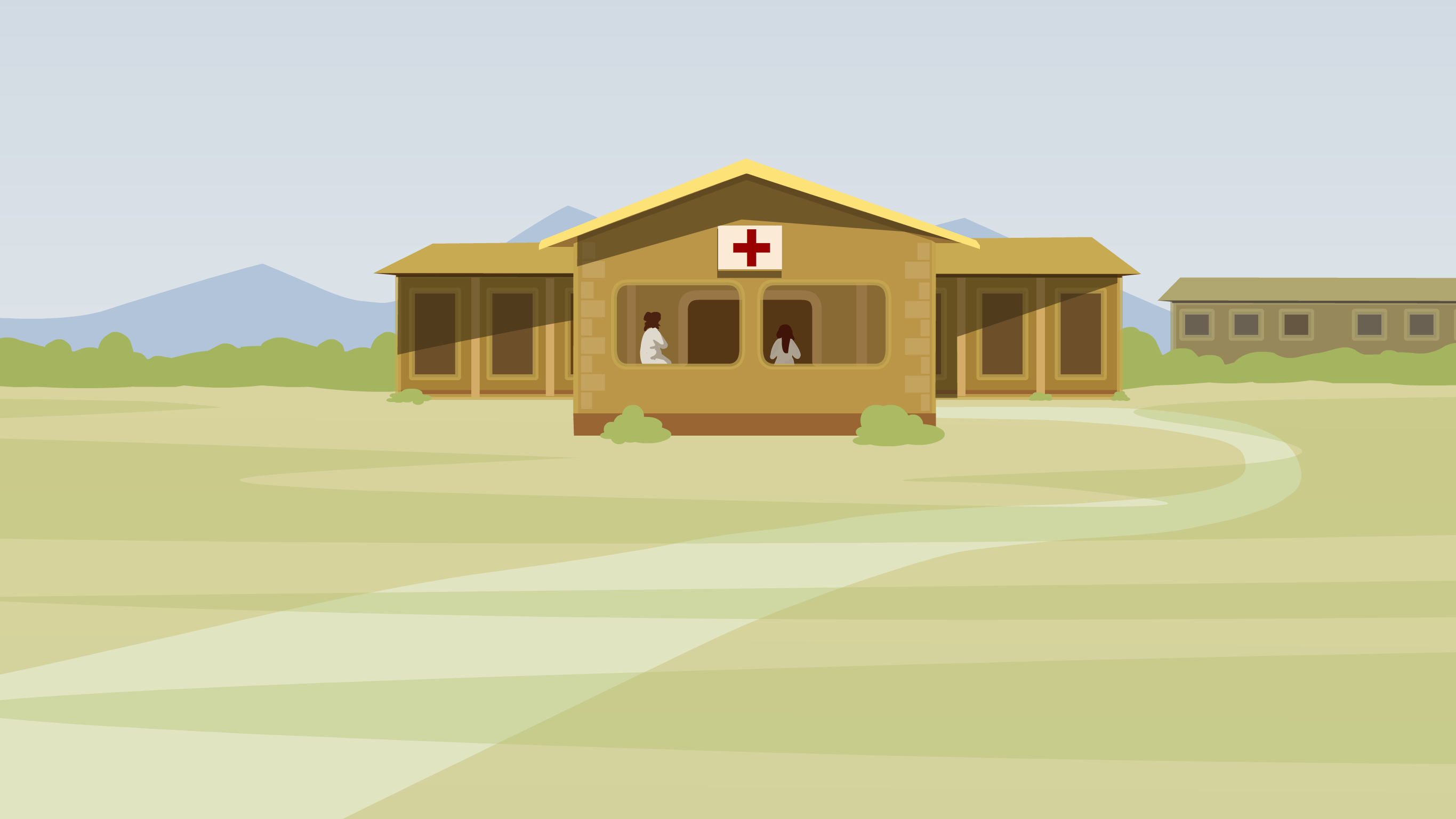
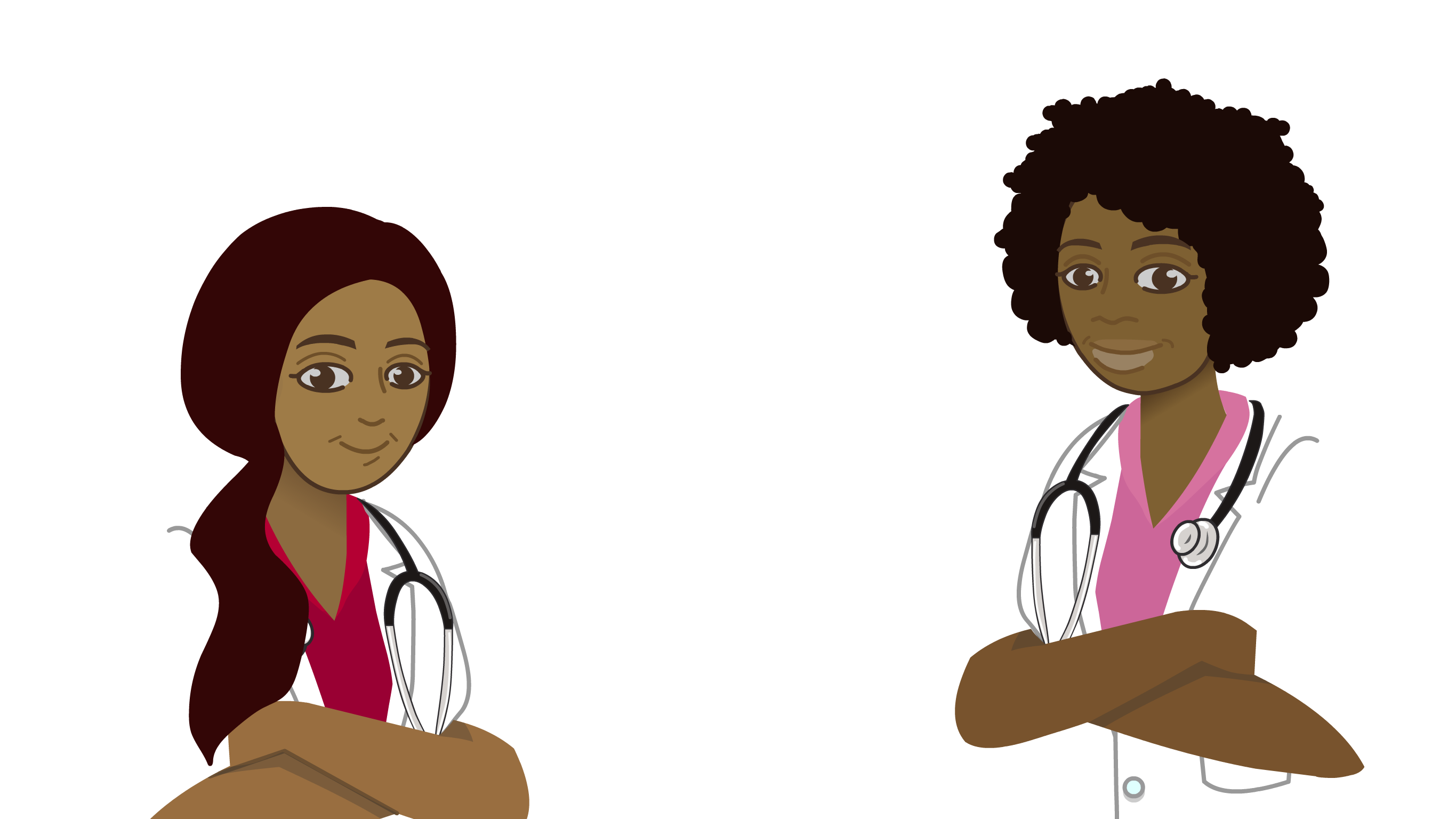

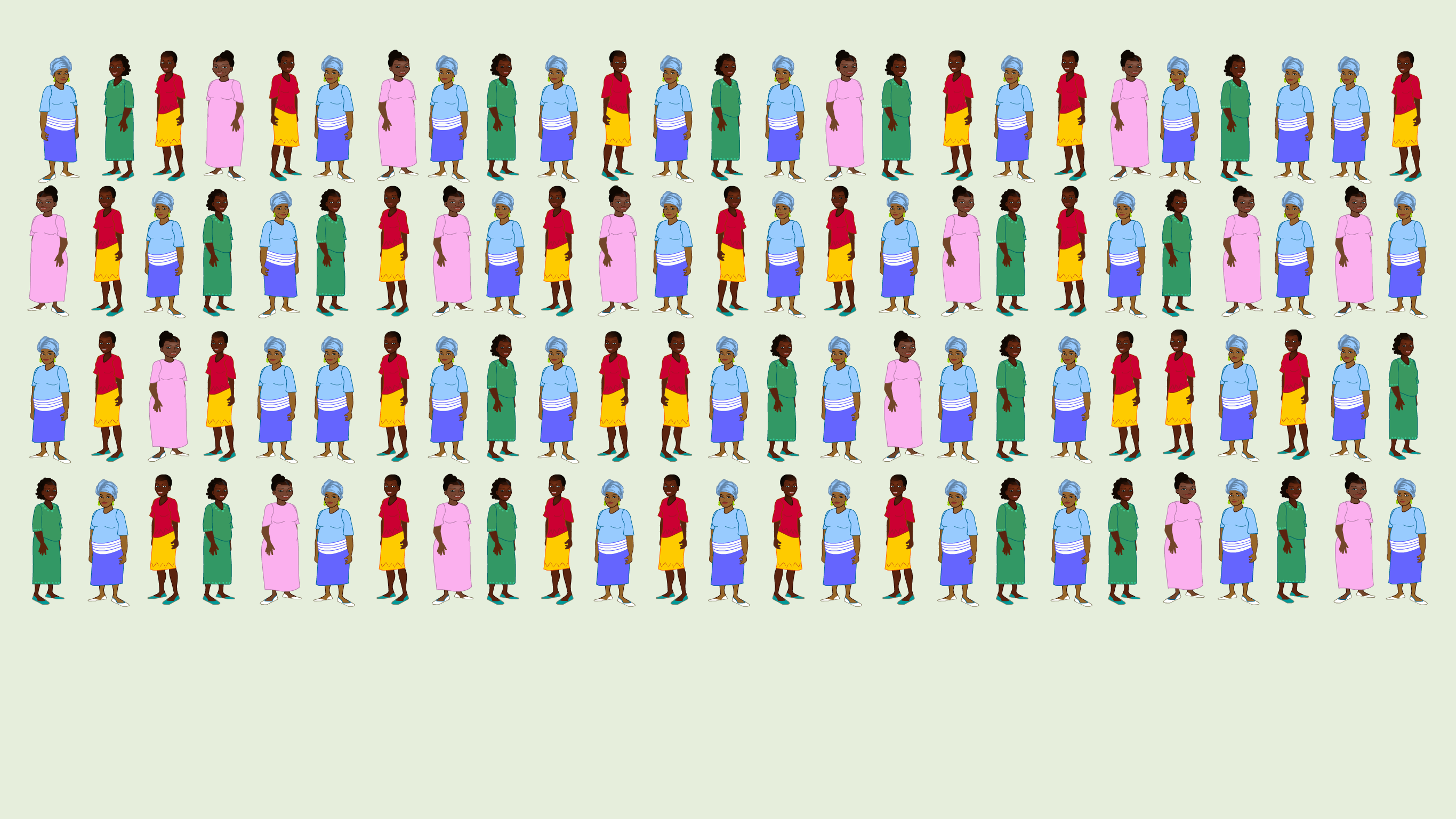

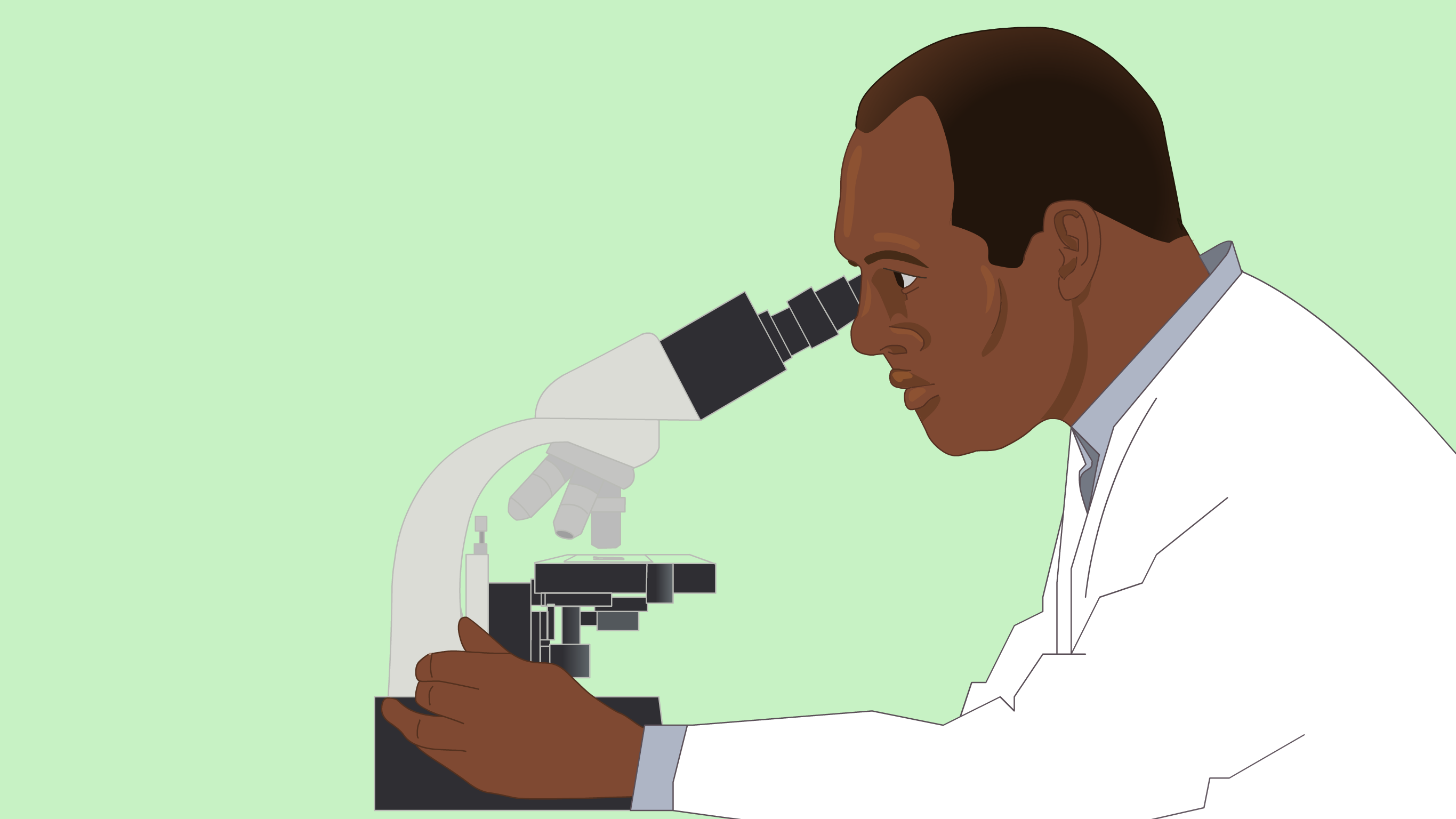

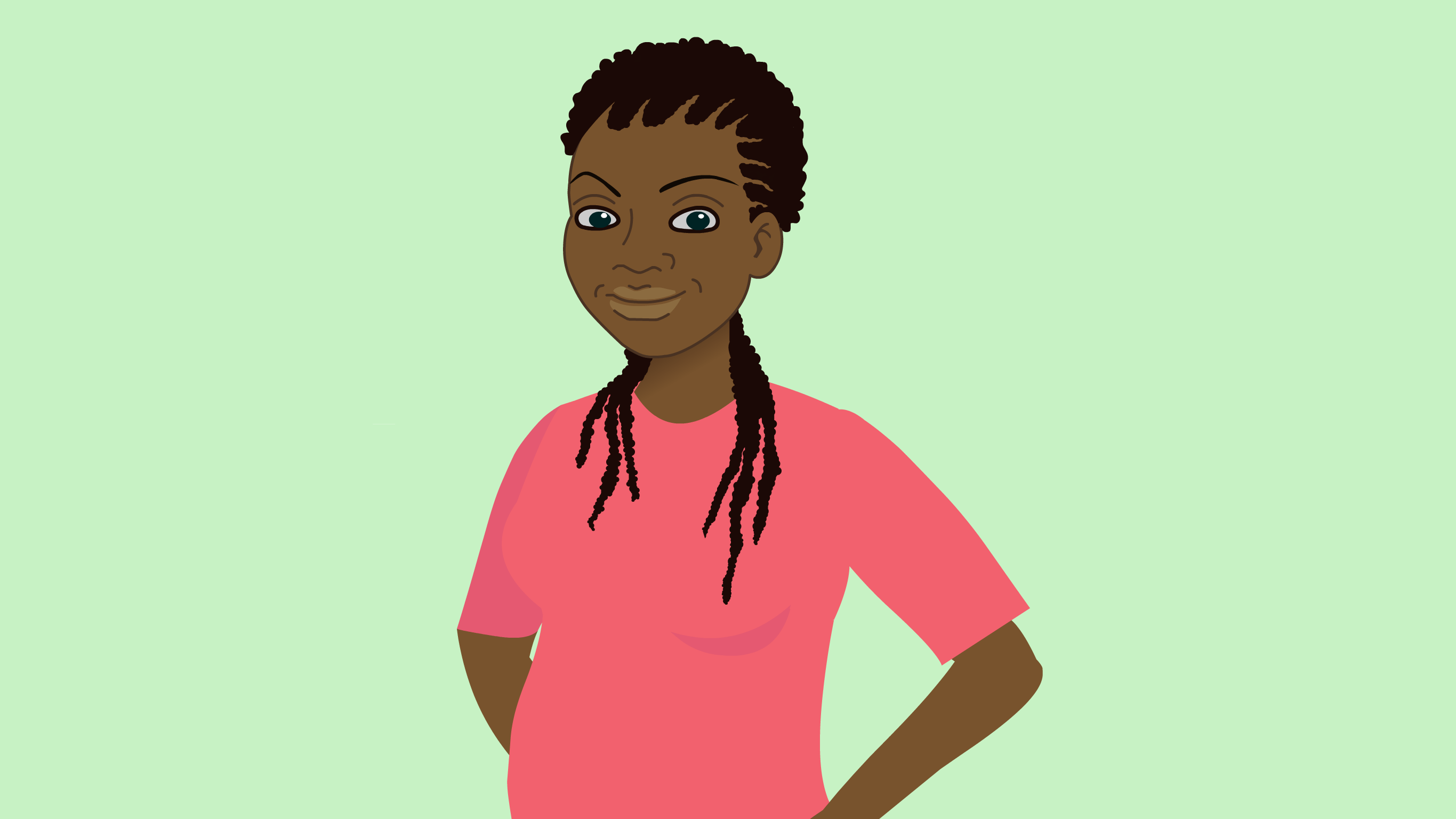


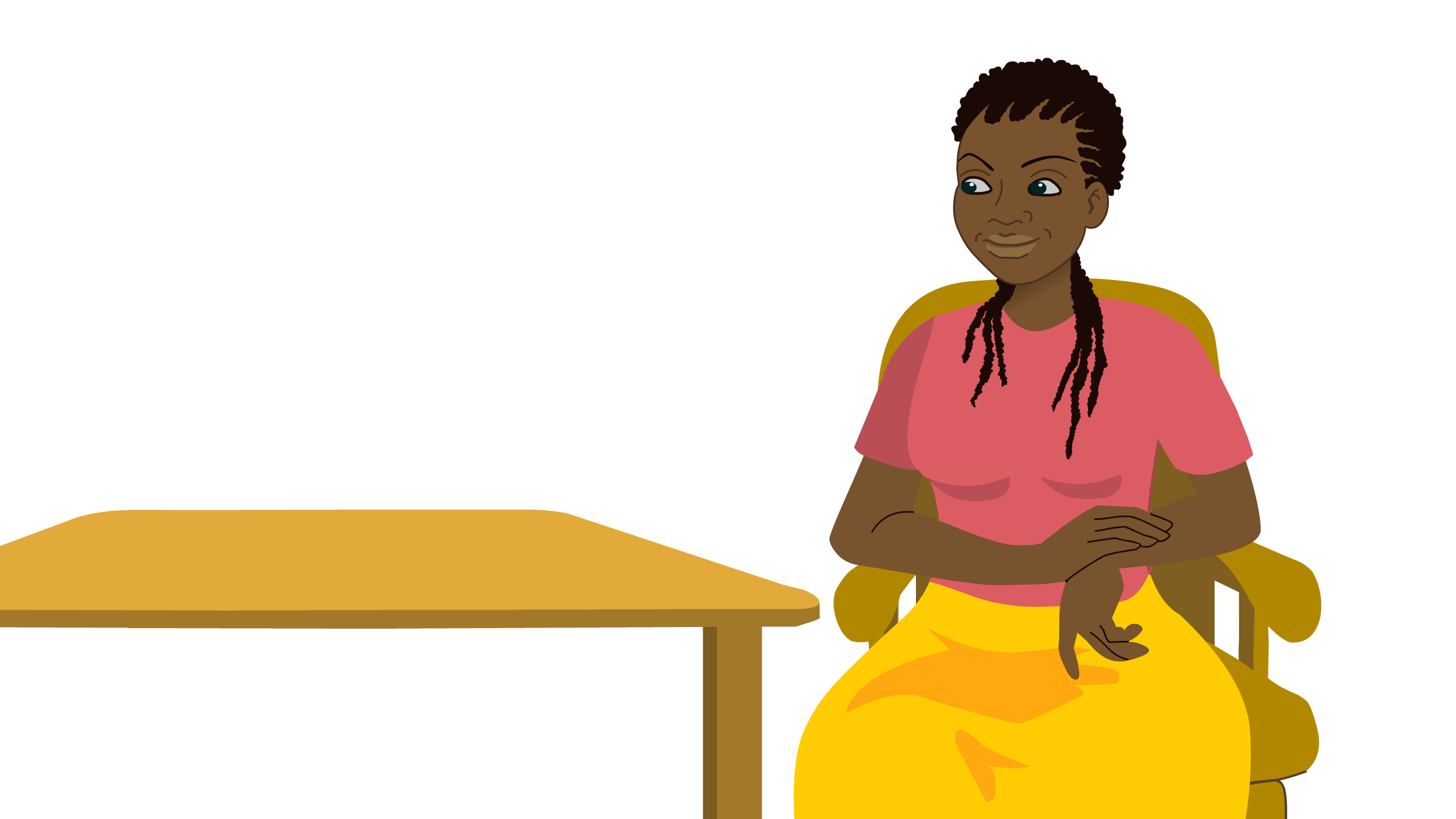



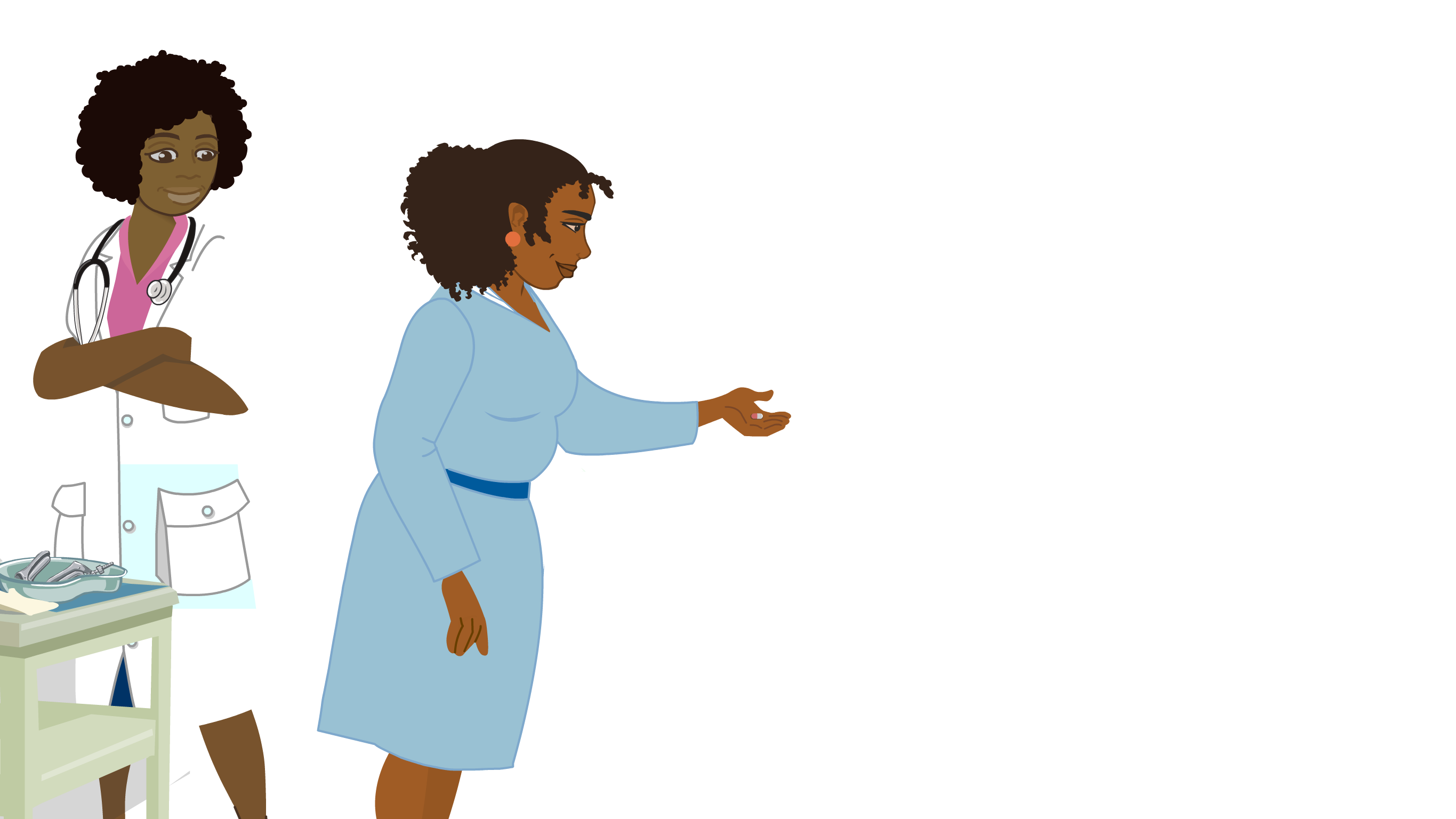
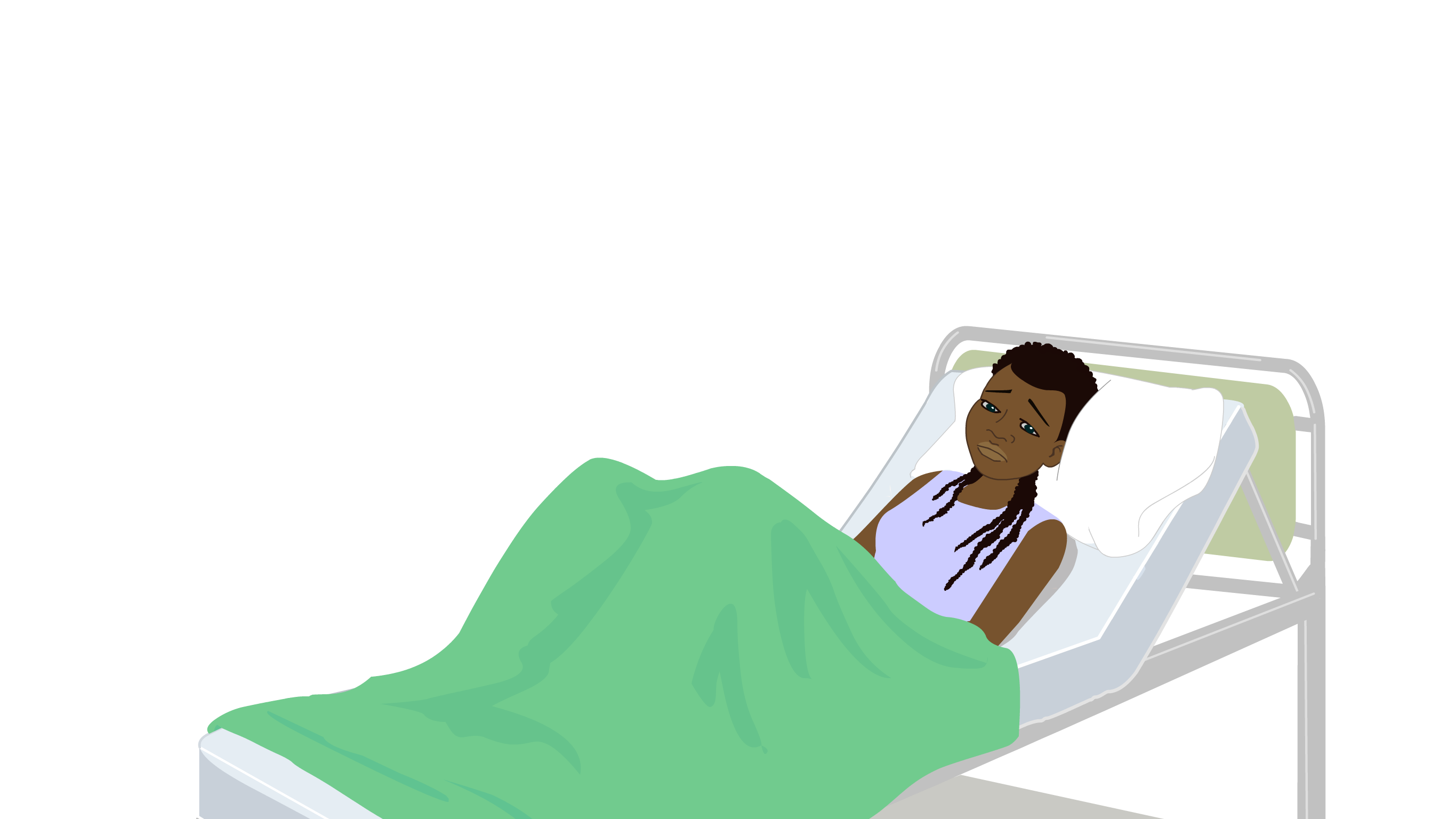


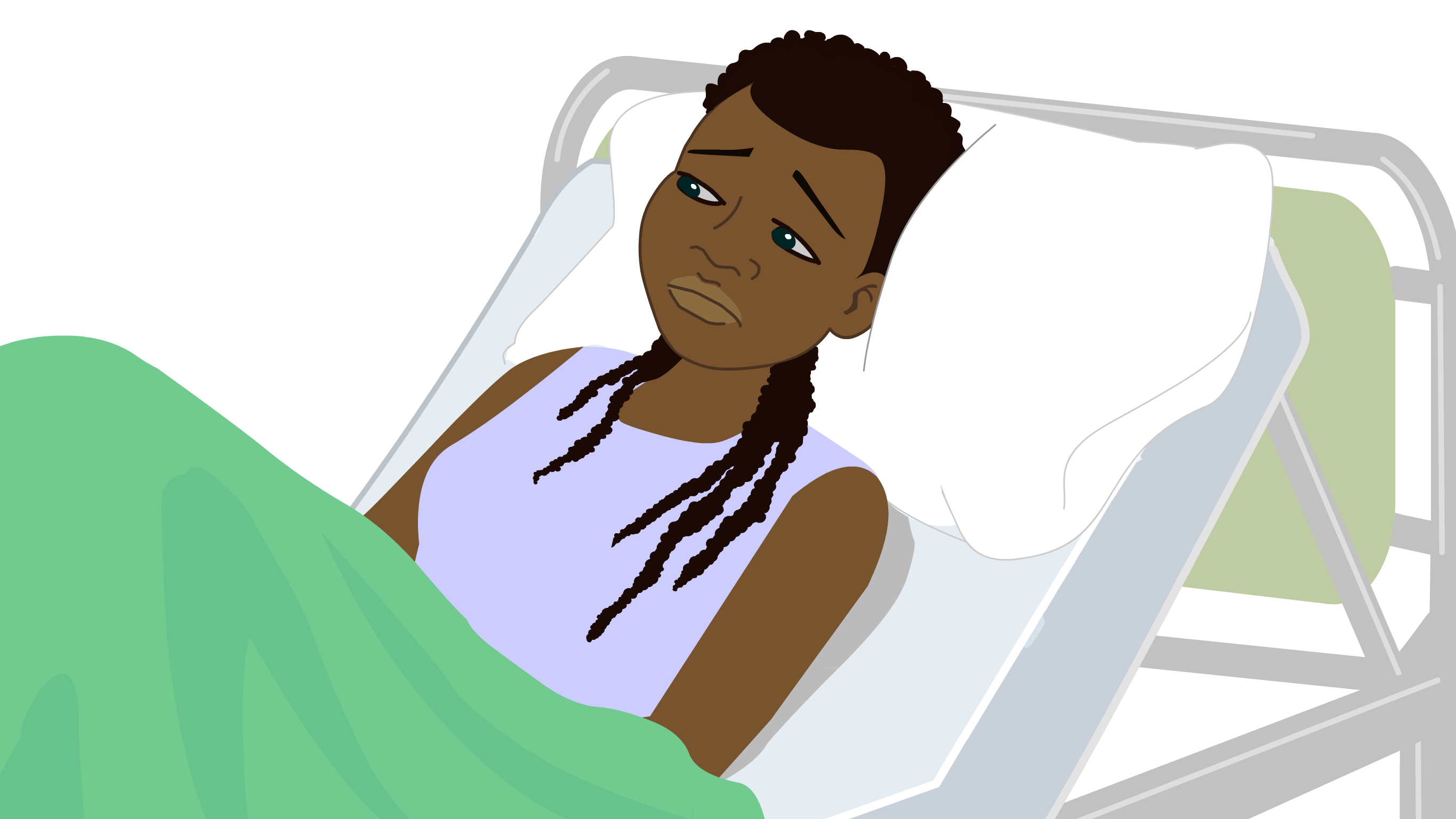


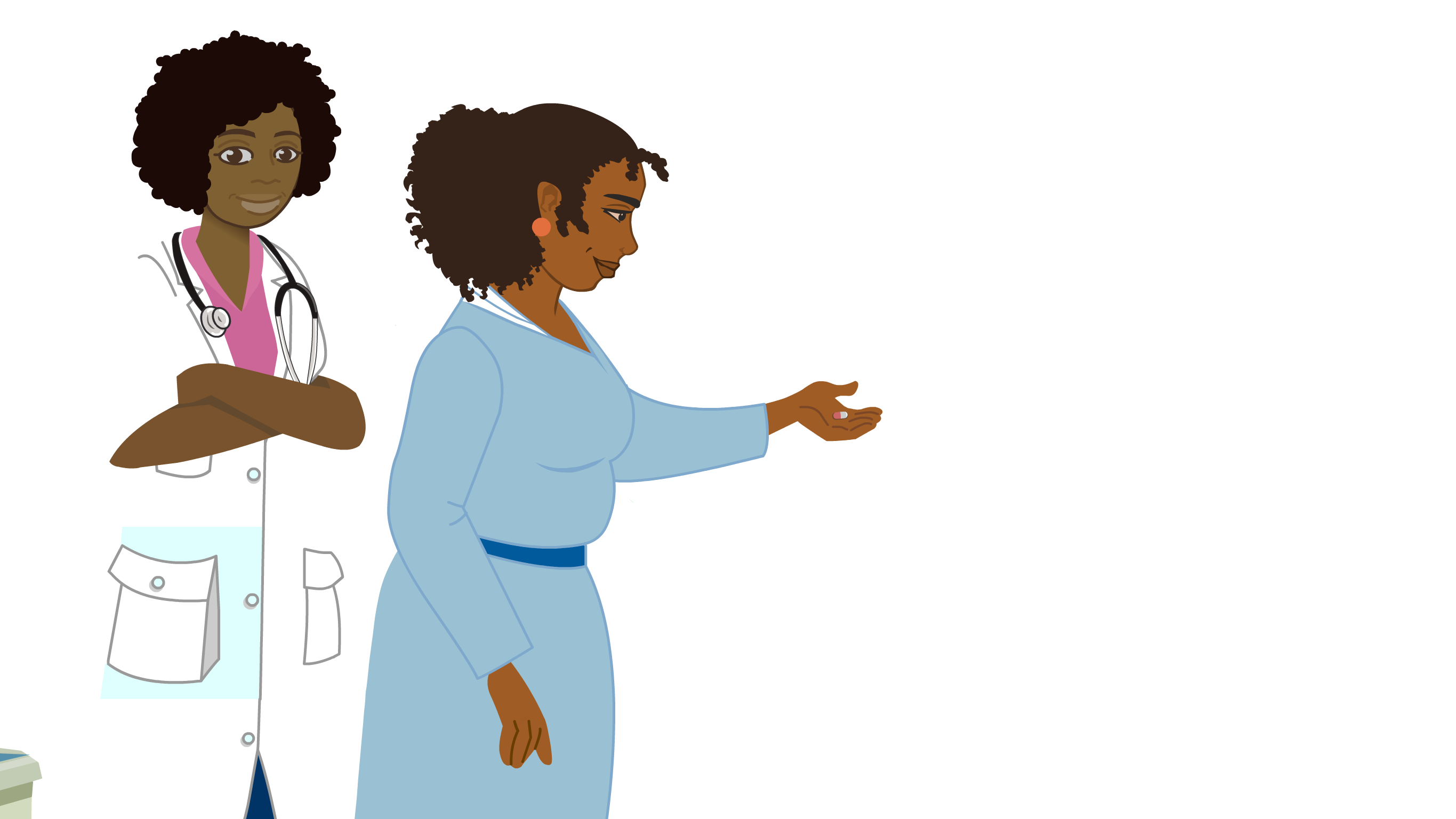


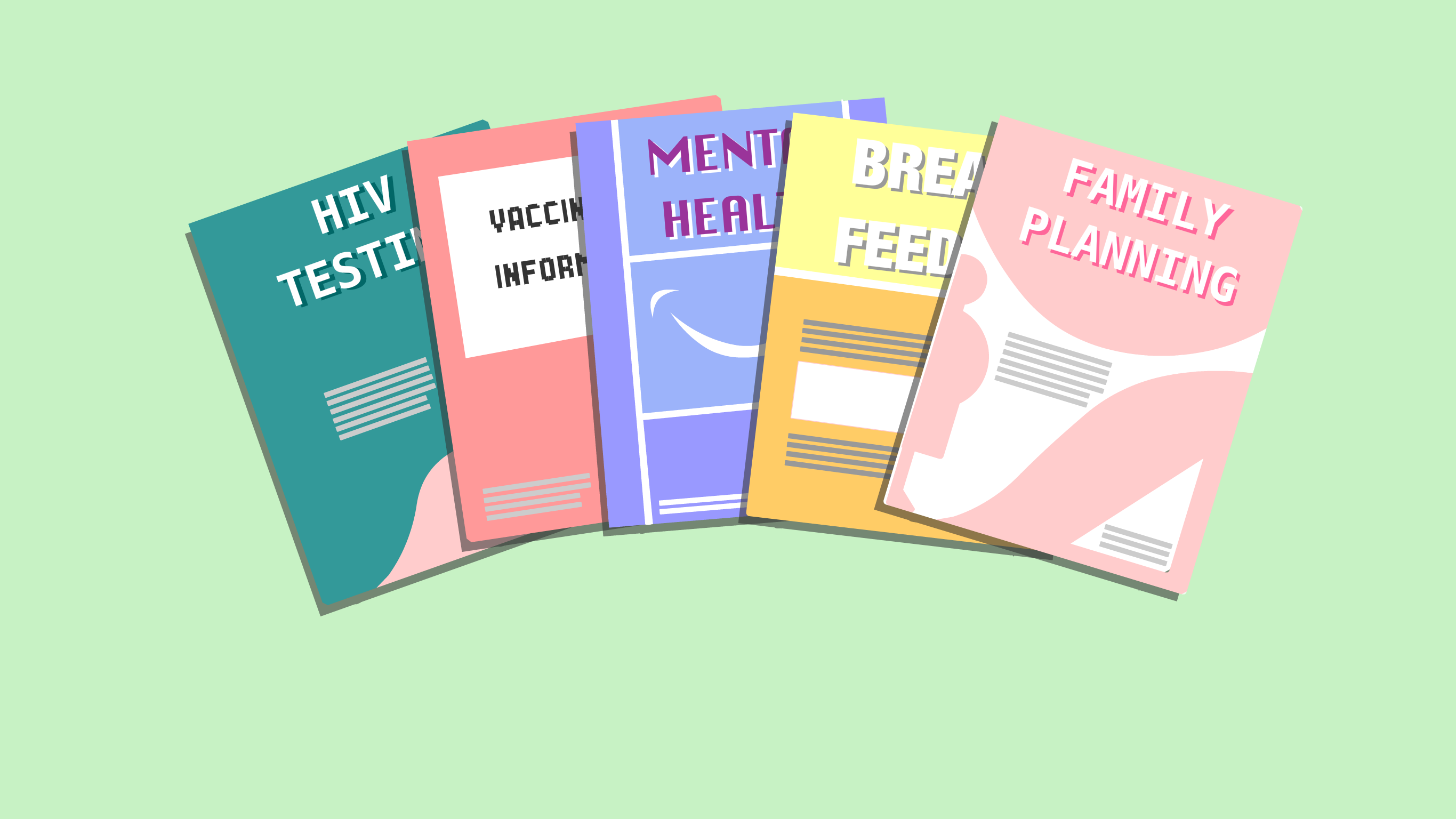


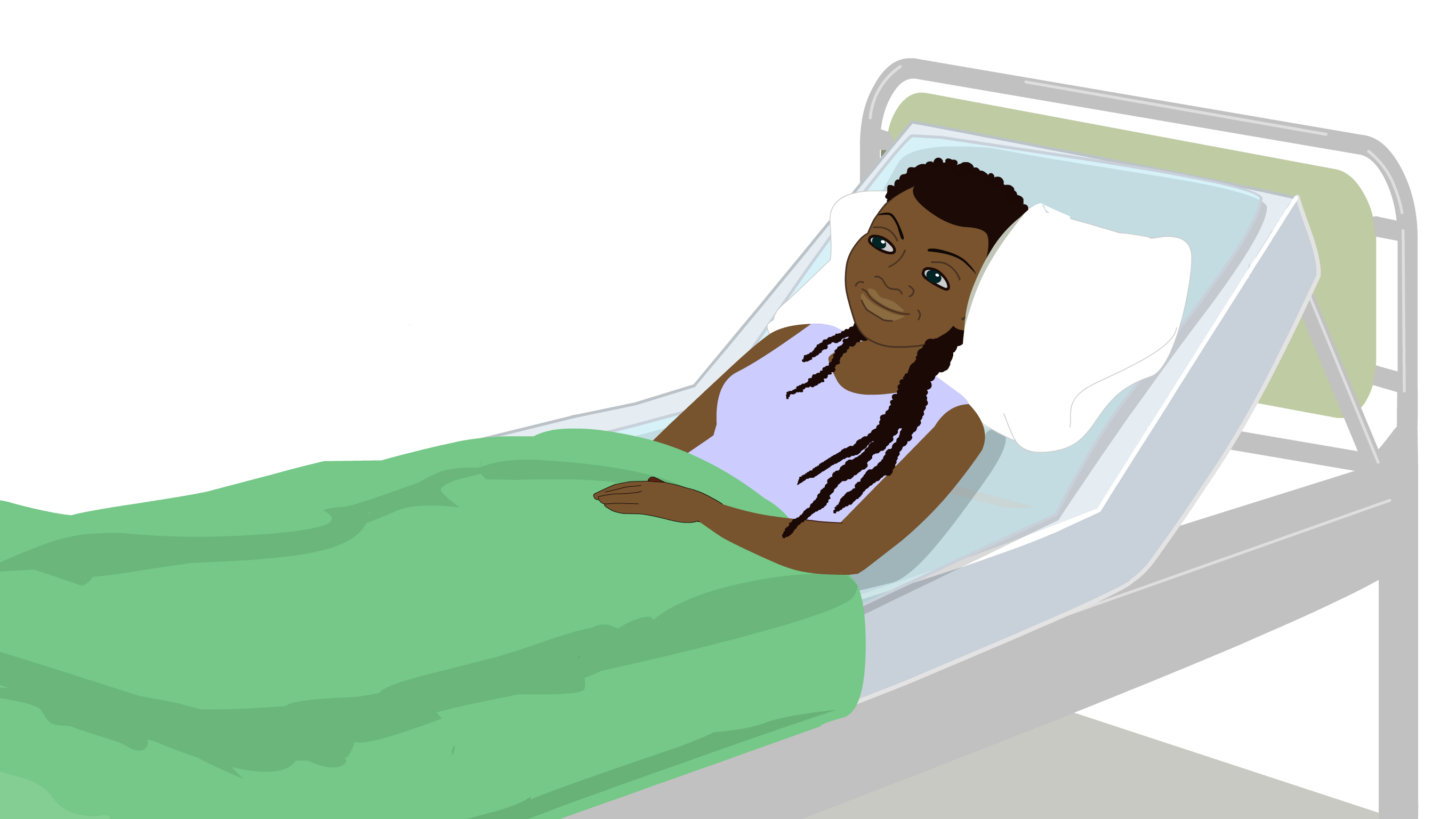




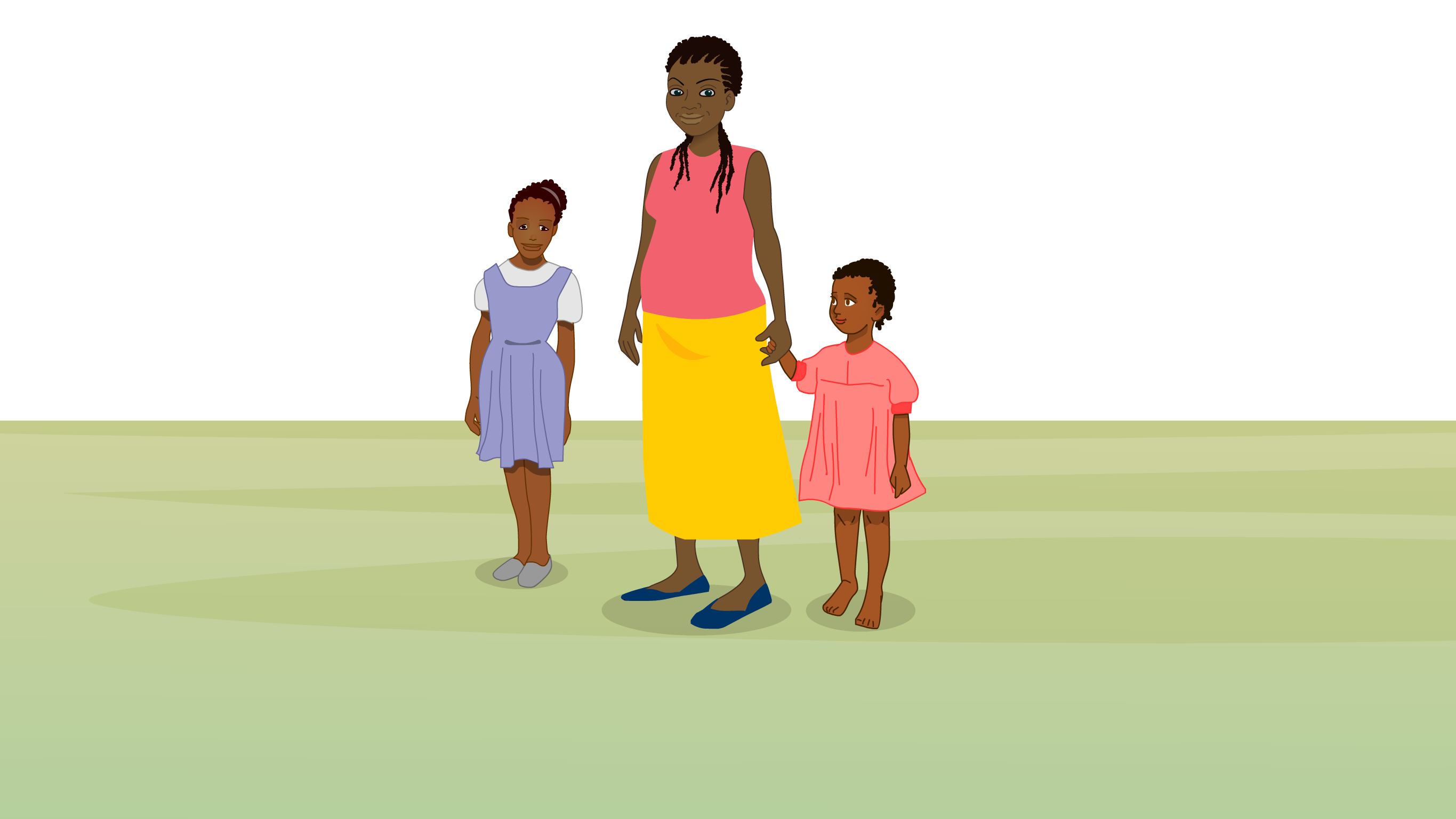


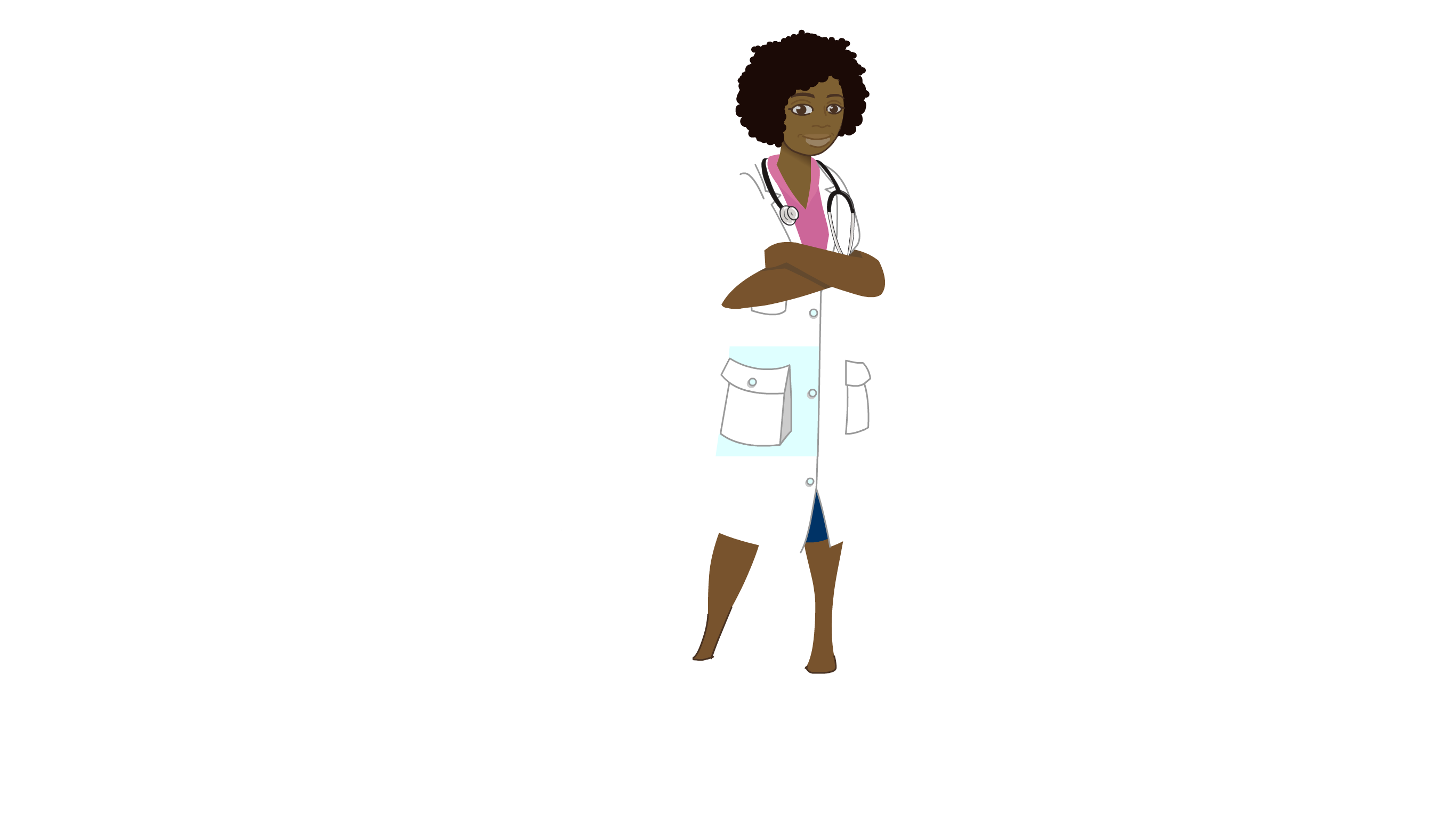
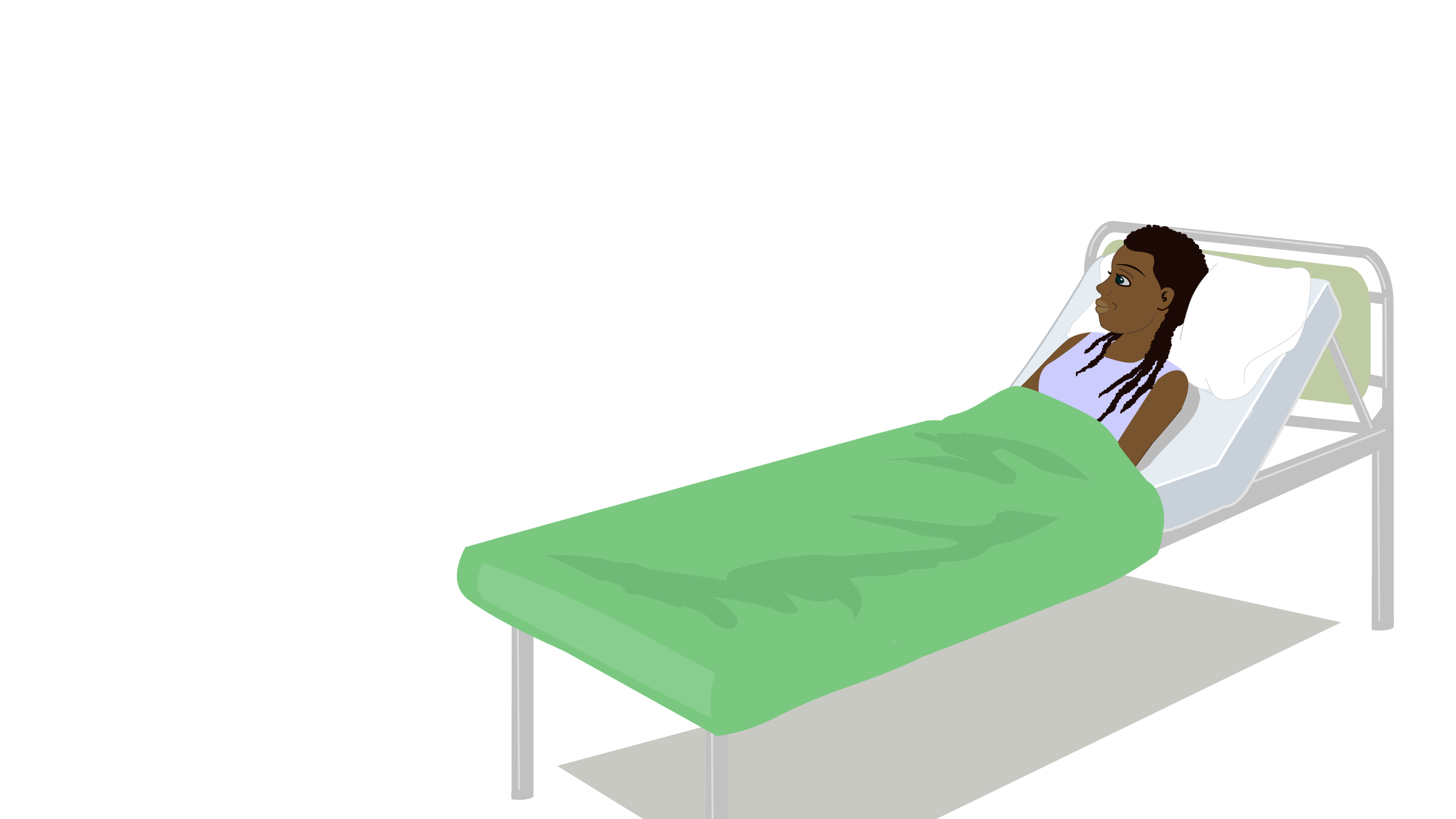



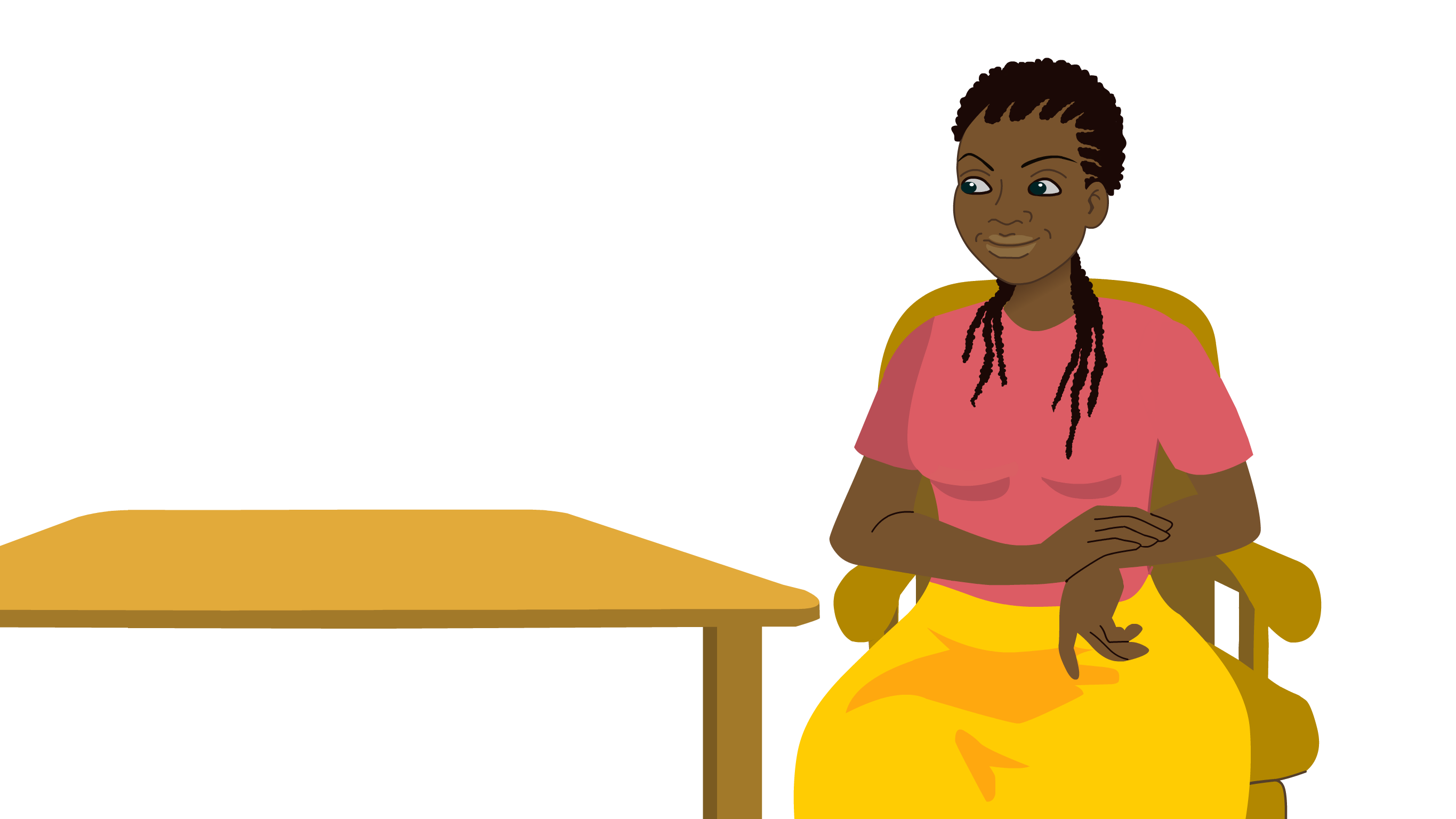





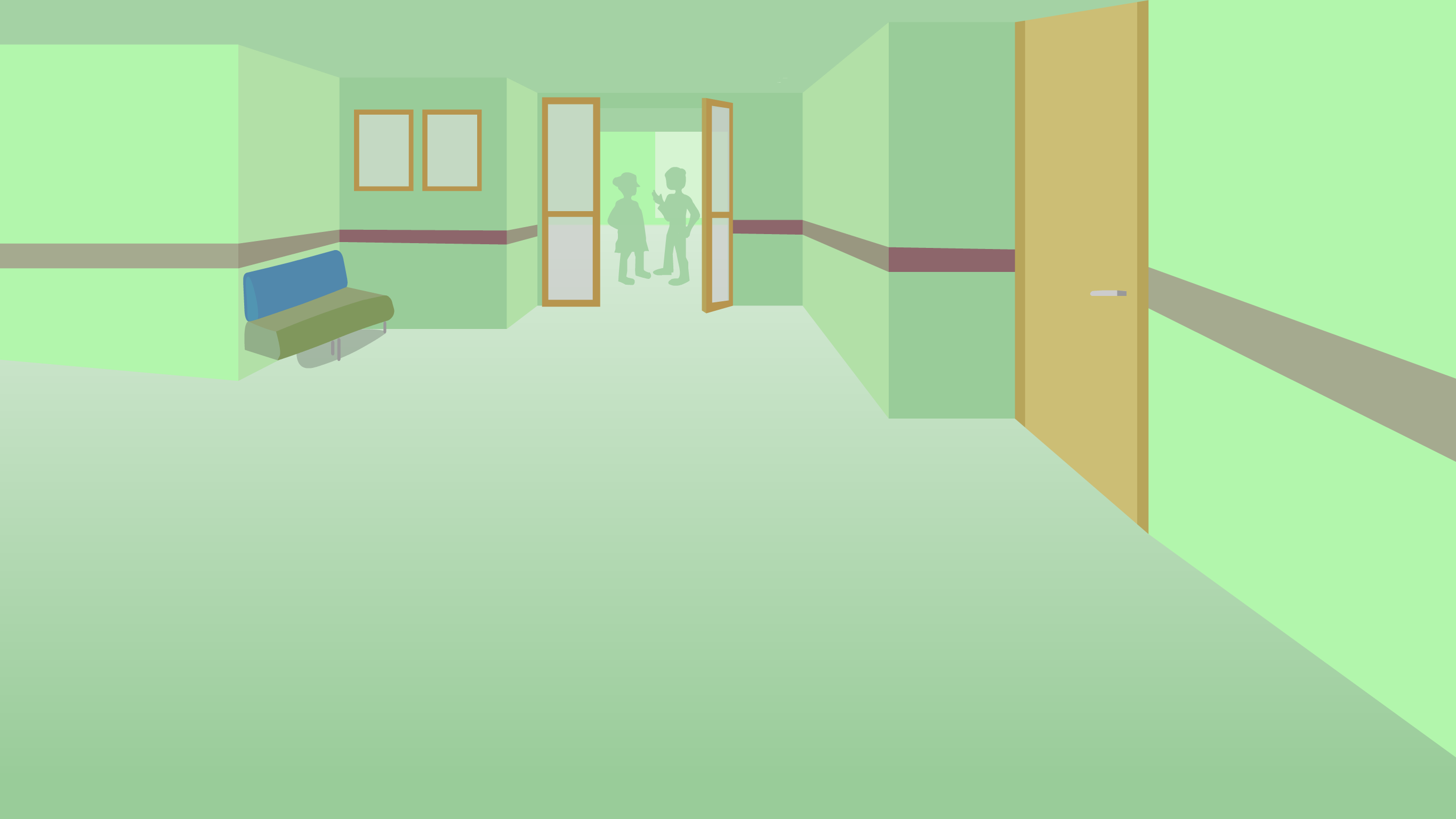

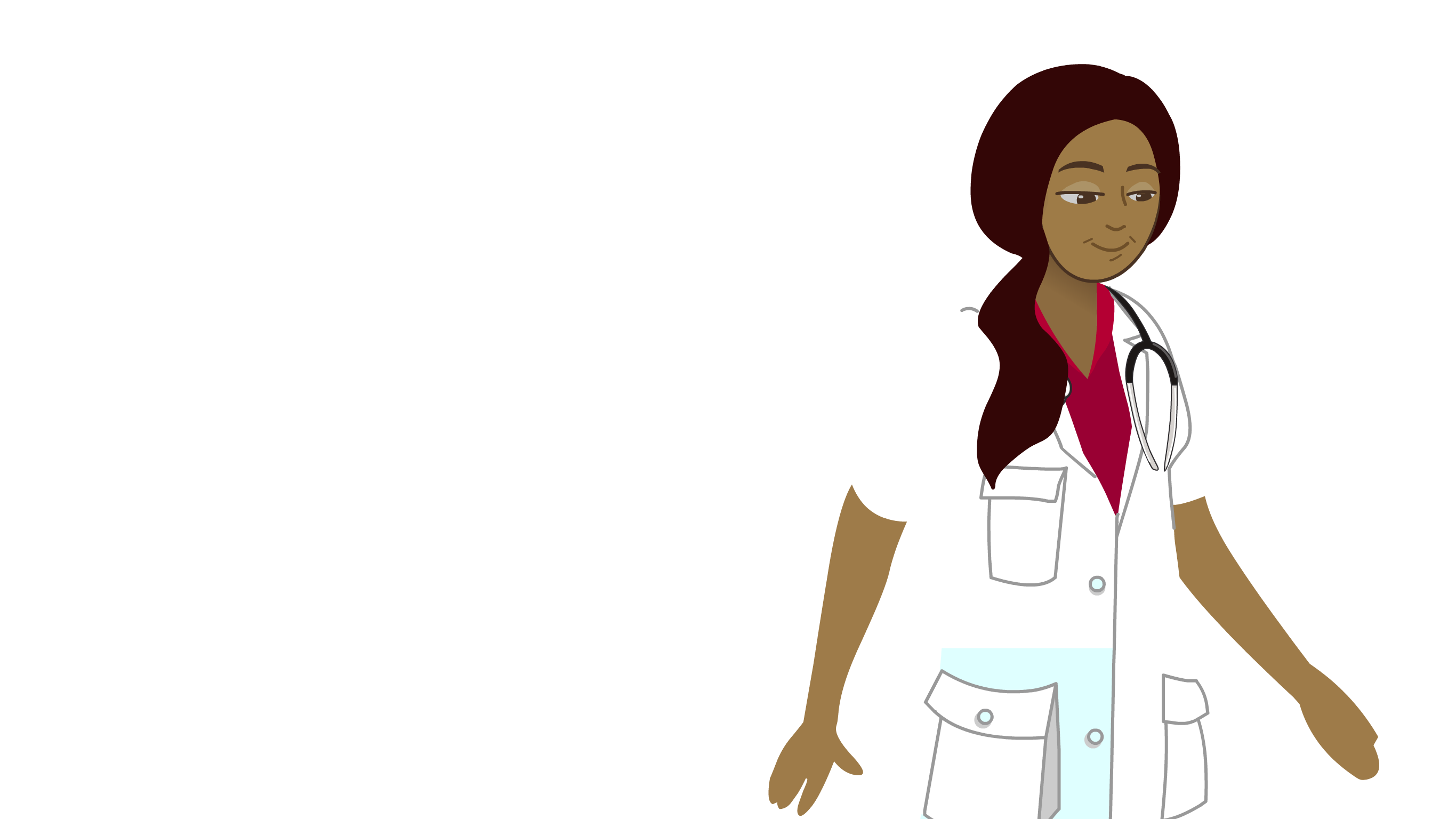


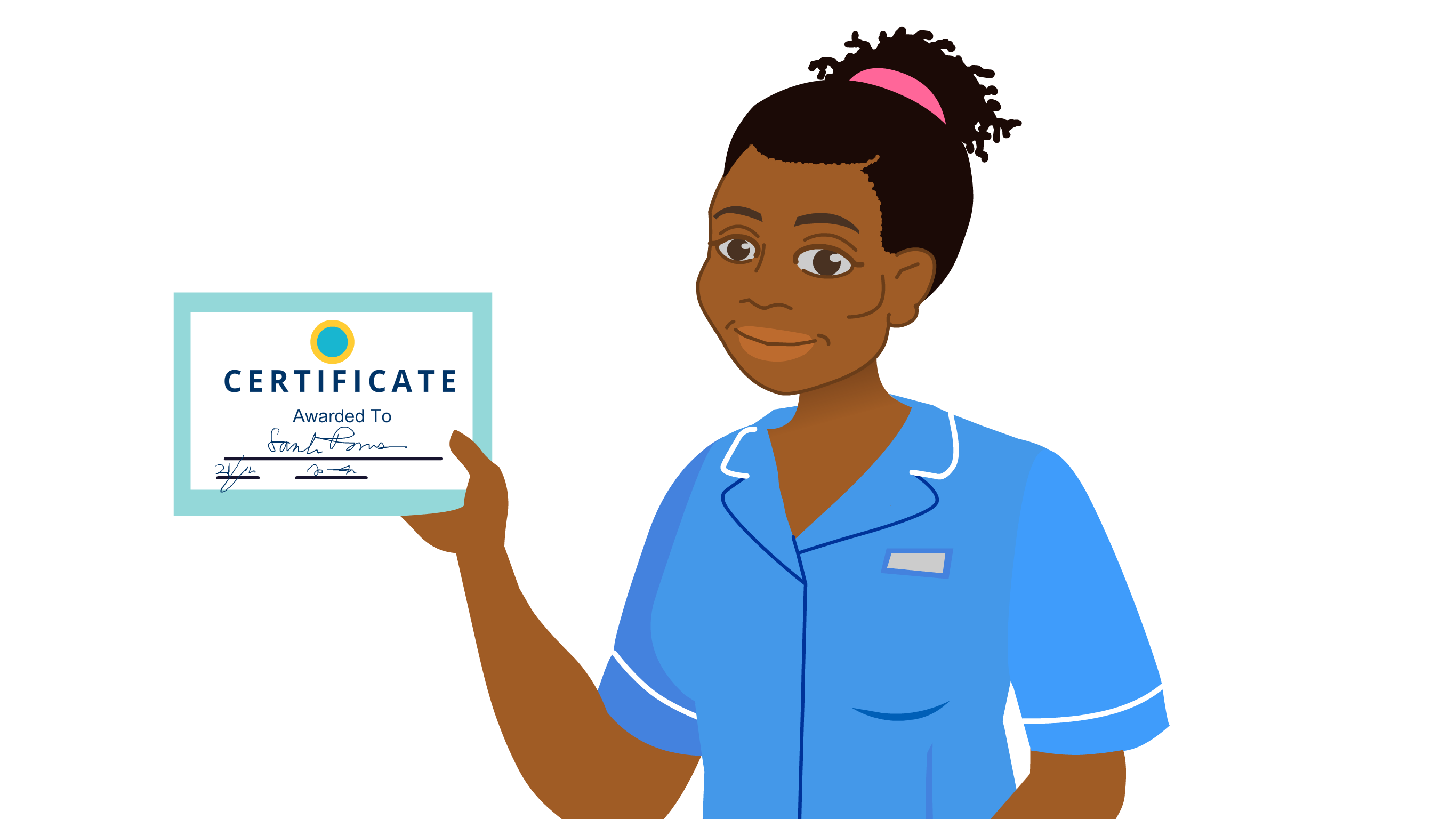



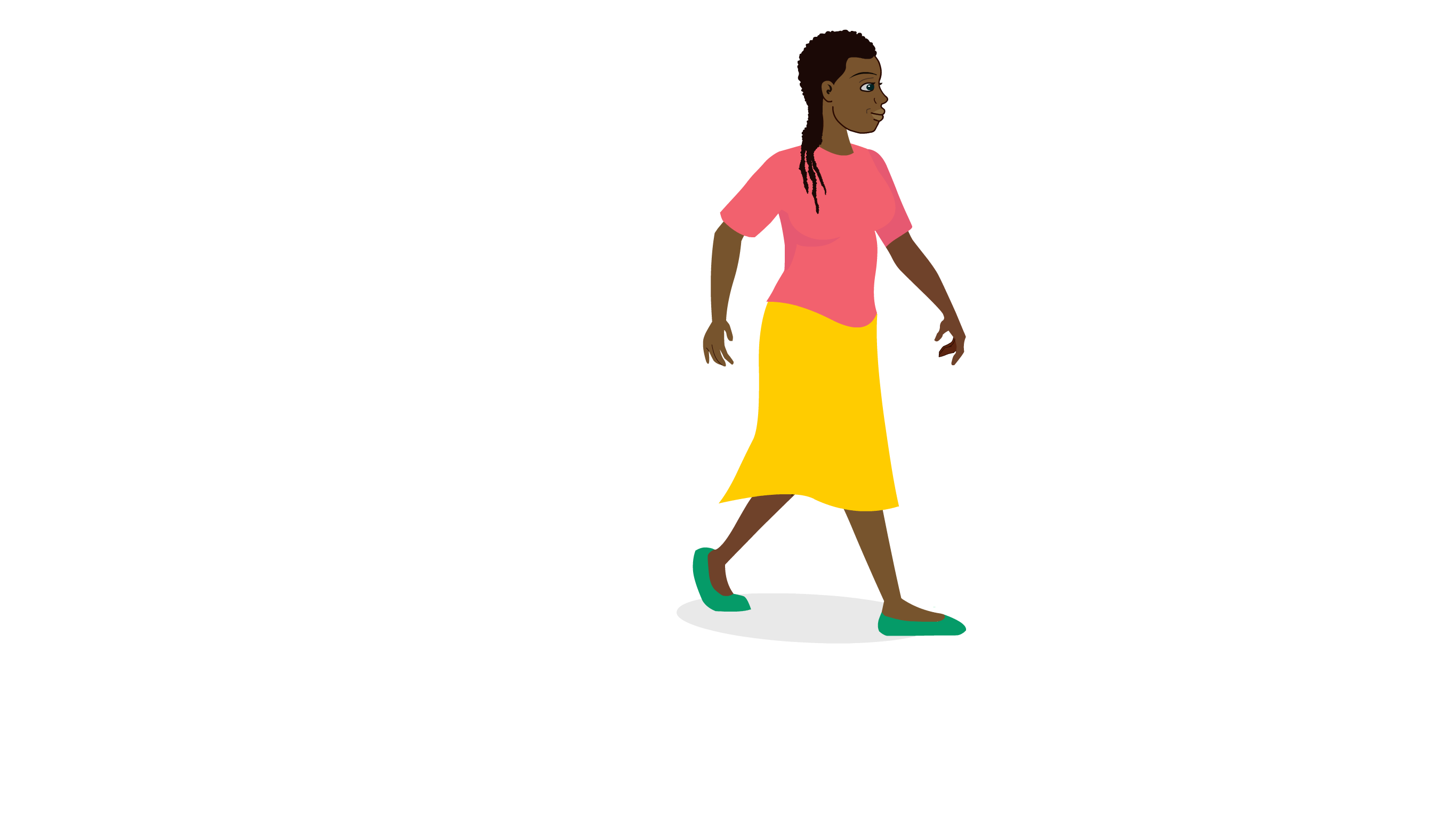


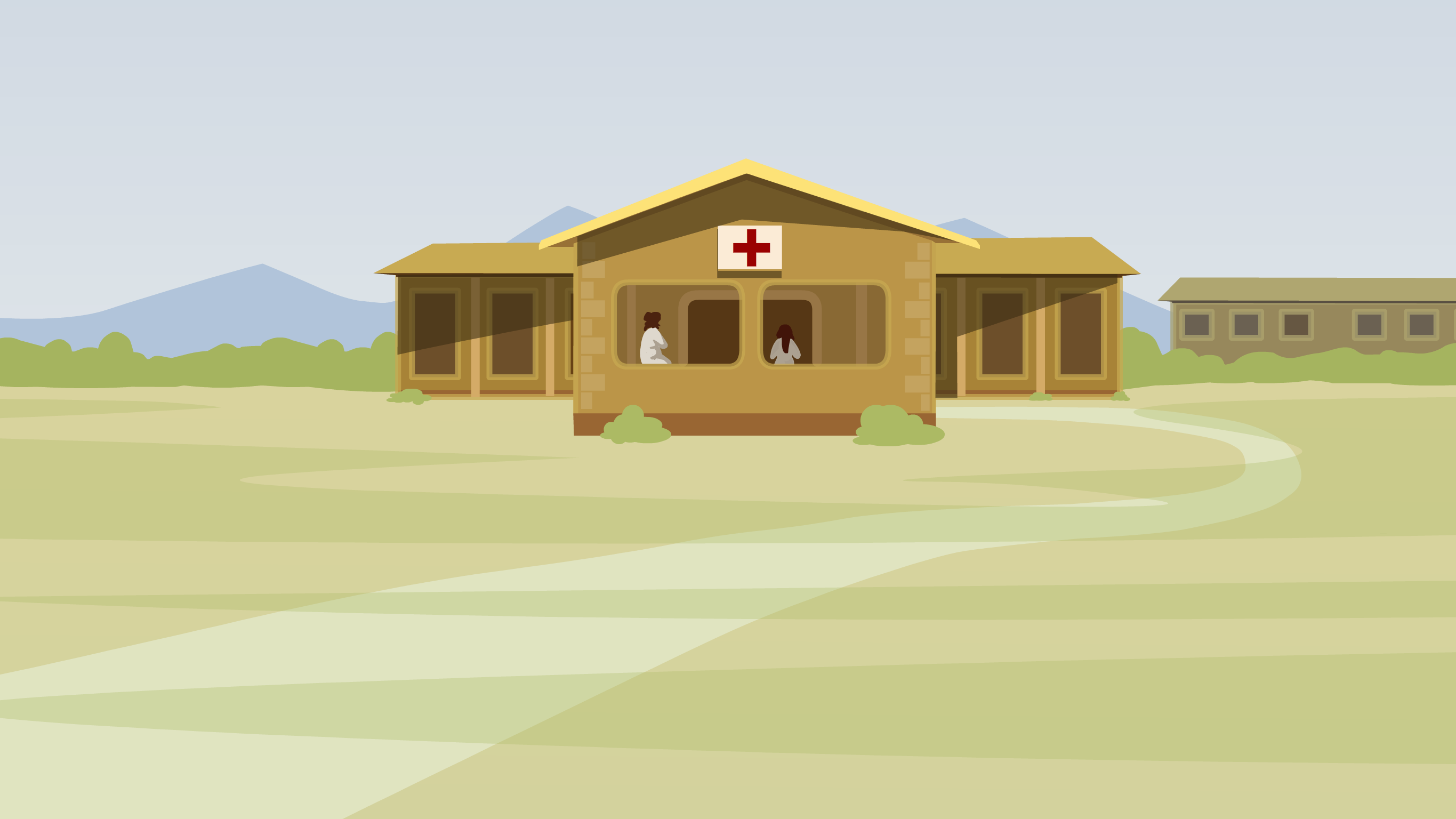
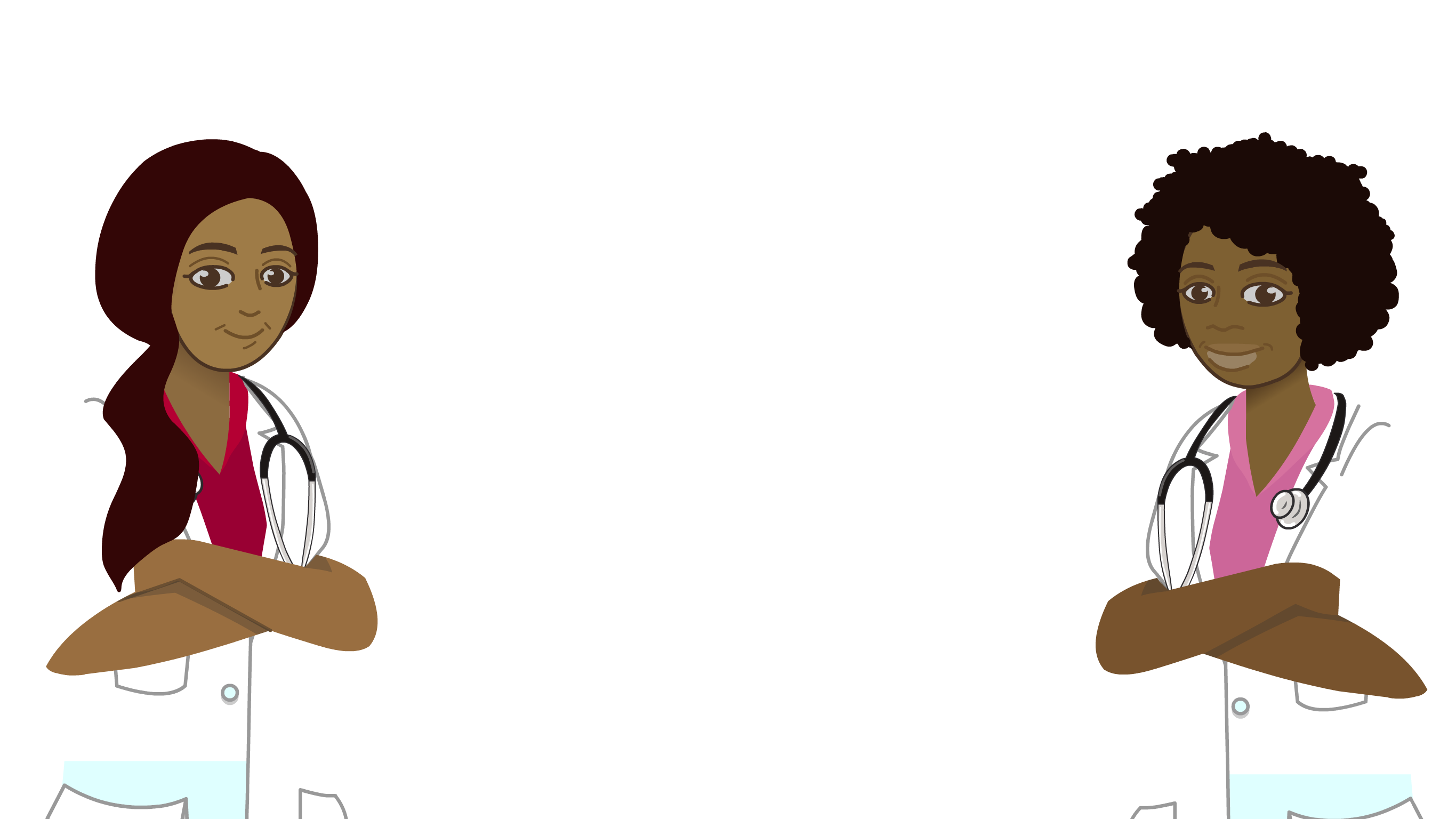

You should always be able to make your own decisions and have control over your body, feel safe and be treated with kindness.

The authors of this RESPECTFUL HEALTHCARE FOR WOMEN program are:
- Dr Madeleine Upham – Final Year Medical Student
Department of Women's and Children's Health, University of Liverpool, UK - Dr Kate Lightly, Honorary Clinical Research Fellow
Department of Women's and Children's Health, University of Liverpool, UK
The Welfare of Women program has been created under the General Editorship of Dr Kate Lightly, University of Liverpool, UK and is overseen by an expert International Editorial Board
The cost of producing this resource has been partly funded by an educational grant from GSK
Thank you for watching this Welfare of Women video. We would welcome your views and feedback. Please complete this short questionnaire.
Importance of respectful healthcare
Respectful healthcare is important for all people, but it is even more important for women and girls because their bodies can go through so many different challenges, at the different stages of life.
The idea behind respectful care
One of the most important parts of a healthcare worker's job is to provide respectful care to you. This will explain how you should be treated by all healthcare workers at all times.
Lots of important organizations have researched the key ideas in providing respectful healthcare to women and girls. These include the World Health Organization (WHO) and the International Federation of Gynecology and Obstetrics (FIGO).
While these ideas may not be in place everywhere yet, they are the way you, and all women, should be treated every time you need healthcare.
You have the right to emergency, life-saving treatment
Every single woman and girl around the world has a right to life and should get emergency, life-saving treatment when it is needed.
Your faith, race, culture, beliefs or the amount of money you have should not affect the treatment you get.
Decisions about your treatment should be based on the most up-to-date medical information.
You have the right to make decisions about your own health
You have the right to make your own health decisions. Others, including healthcare workers, can provide information and advice, but they must never force you into a choice. Nothing should be done to your body without your agreement, and healthcare workers must always obtain your permission, called consent, before any procedure or treatment.
Consent applies to all situations, including issues such as sexual violence, rape, trafficking, female genital mutilation, or other forms of abuse.
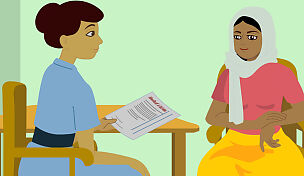
You have the right to receive all important information about your health and available options in a way you can understand, before making any decisions. This ensures you can make informed choices. Doctors may diagnose conditions and recommend treatments, but your decisions must be respected, and you always have the right to say no.
You have the right to make decisions about planning your family
Your right to make decisions about your health and body includes making decisions about the number of children you have and when you have your children.
You should get support and information to help you make the right decision for you.
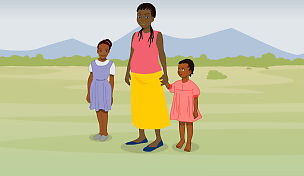
You should always be spoken to and treated with kindness
You should always be spoken to and treated in a kind and respectful way by healthcare workers. This includes helping you if you are in pain.
No one is allowed to make you feel uncomfortable or say cruel things. No one is allowed to touch you in a way that makes you feel uncomfortable, be violent towards you or hurt you.
Everyone has the right to equal treatment and freedom from discrimination.
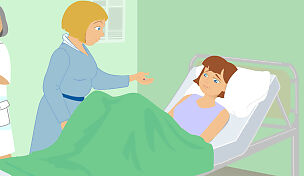
Things about you like your religion, race or social position should not affect the way you are treated.
You have a right to privacy and confidentiality
When you are having an appointment or examination, this should happen in a private space. Healthcare workers should behave in a way that is respectful and keeps your dignity. Healthcare workers should respect your wishes, and your cultural and religious beliefs.
Any information you share with your healthcare worker should be confidential. This means your information should never be shared with anyone except when medically necessary or when you have given your permission.
You have the right to the best possible standard of physical and mental health treatment
This should be given in good time and the environment should be clean and safe. The healthcare workers should be properly trained.
Advances in science and healthcare are made to help everyone and you should benefit from these advances when you receive treatment.
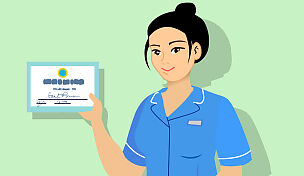
You have a right to freedom and self-determination
No one is allowed to stop you from leaving a healthcare facility and you should be able to leave if you choose, even if you cannot pay for the healthcare that you have had.
Summary
Every woman and girl around the world deserves respectful care. You should always be able to make your own decisions and have control over your body, feel safe and be treated with kindness.
The authors of this RESPECTFUL HEALTHCARE FOR WOMEN program are:
- Dr Madeleine Upham – Final Year Medical Student, Department of Women's and Children's Health, University of Liverpool, UK
- Dr Kate Lightly, Honorary Clinical Research Fellow, Department of Women's and Children's Health, University of Liverpool, UK
The Welfare of Women program has been created under the General Editorship of Dr Kate Lightly, University of Liverpool, UK and is overseen by an expert International Editorial Board
The publishing reference for this program is: DOI 10.3843/GLOWM.w10082
The Welfare of Women information program is an attempt to provide women everywhere with access to reliable information about key health issues that may be relevant to them. Information is offered at three separate levels which women may select according to their preferences; firstly, short video animations with voice commentary, secondly, more detailed text-based descriptions, and thirdly, links to recommended further reading. With the animated videos, women can also select the images that they feel most comfortable in viewing from a short range of very generalized and non-specific ethnicity options. Because of the special programming used, both the videos and the text information can – when authorized – be translated into any language in a simple and rapid manner.
Recommended links for more comprehensive and detailed reading
The following websites provide more comprehensive and extensive information on this topic, which is both reliable and strongly recommended for readers who want to learn more than the details provided above:
White Ribbon Alliance – Respectful Care: a tool for healthcare workers (video)
https://www.youtube.com/watch?v=aStnrRu_VrQ
Resources the author(s) used in preparing this guidance
FIGO – Steps to respectful maternity care
https://www.figo.org/resources/figo-statements/health-system-strengthening-and-respectful-care#:~:text=Treat every woman and newborn,expression%2C informed choice and privacy
Respectful maternity care delivered within health facilities in Bangladesh, Ghana and Tanzania: a cross-sectional assessment preceding a quality improvement intervention
https://www.ncbi.nlm.nih.gov/pmc/articles/PMC7818820/
Respectful care during childbirth in health facilities globally: a qualitative evidence synthesis
https://obgyn.onlinelibrary.wiley.com/doi/10.1111/1471-0528.15015
FIGO – Ethical Framework for Respectful Maternity Care During Pregnancy and Childbirth
https://www.figo.org/sites/default/files/2021-09/FIGO_Statement_Ethical-Framework-Respectful-Maternity-Care-During-Pregnancy-Childbirth_0.pdf
White Ribbon Alliance – Respectful Maternity Care Charter
https://whiteribbonalliance.org/wp-content/uploads/2022/05/WRA_RMC_CharterPoster_Bleeds.pdf
White Ribbon Alliance – Respectful Care: a tool for healthcare workers
https://www.youtube.com/watch?v=aStnrRu_VrQ
GLOWM – Respectful care and women's rights
https://www.glowm.com/resource-type/resource/pcg/title/respectful-care-and-womens-rights/resource-doc/2998#

